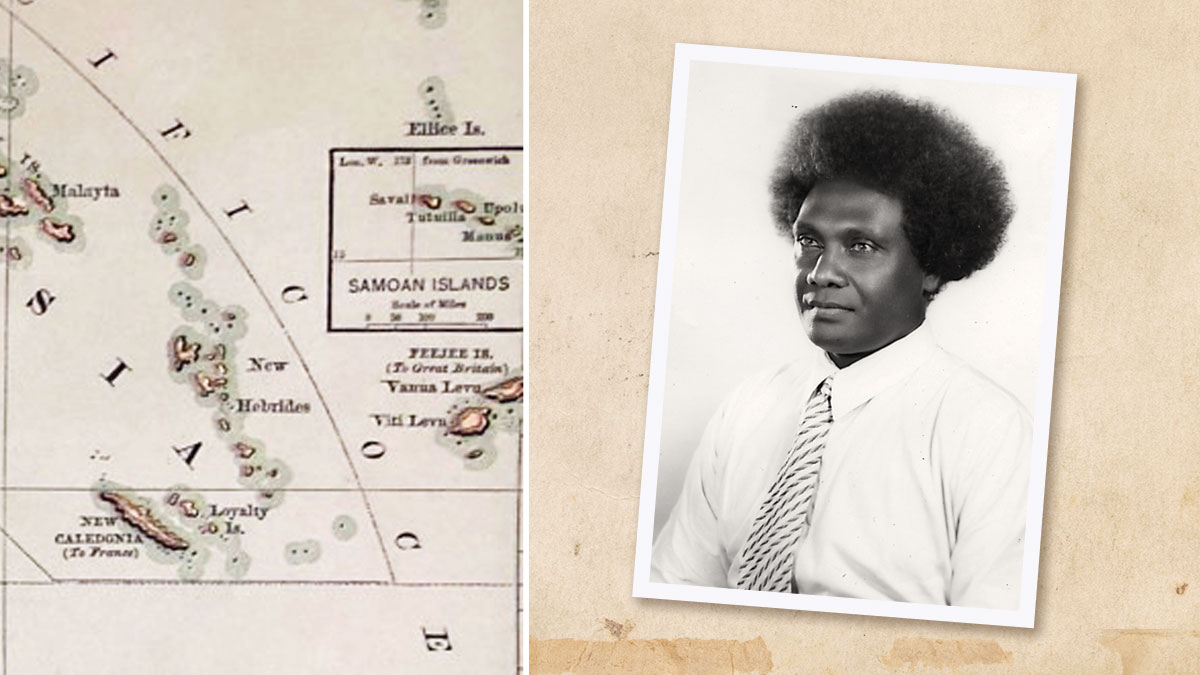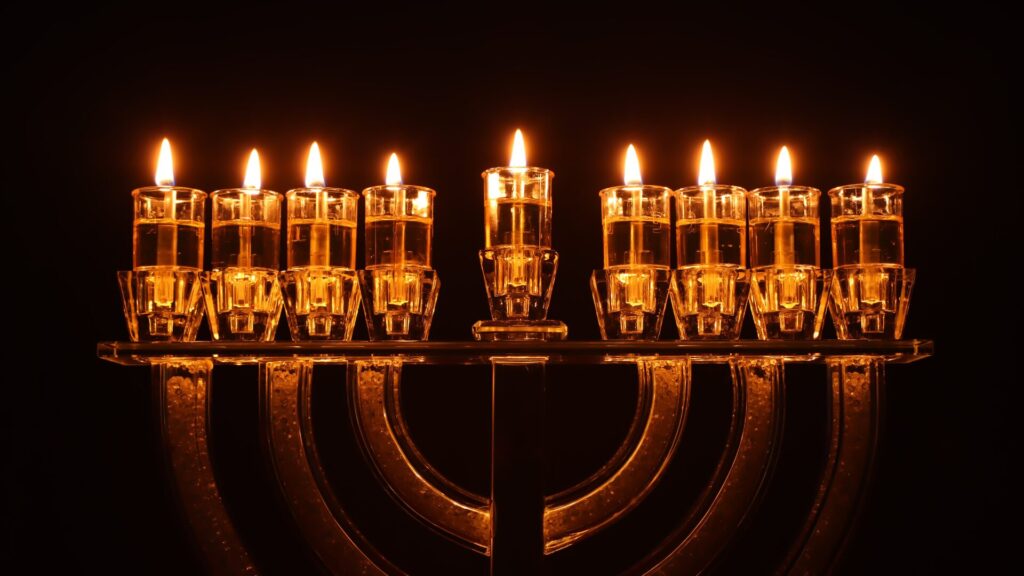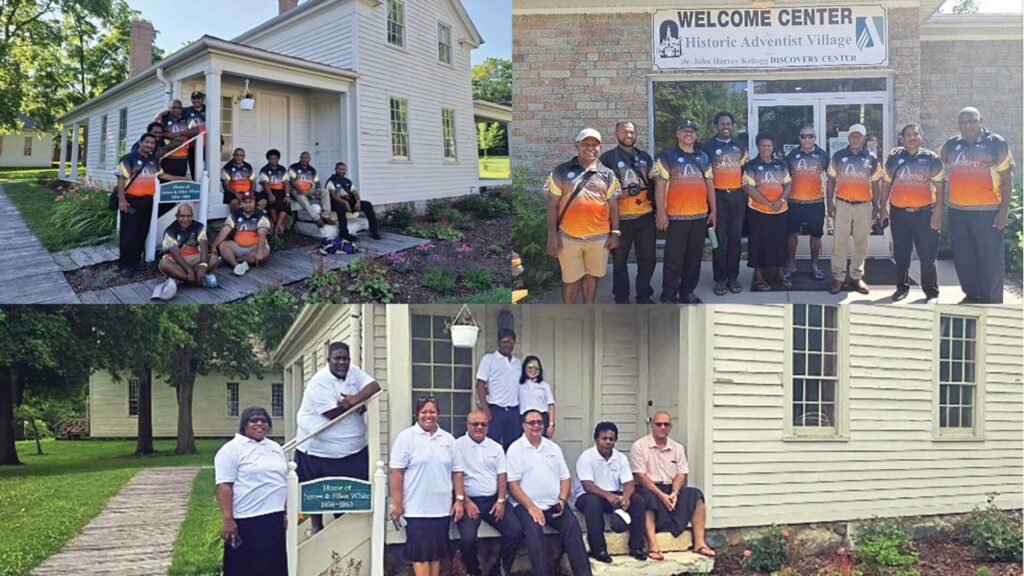Kata Ragoso was one of the first Adventists to ever be baptised and ordained as a pastor in the Solomon Islands. His name bears testimony to the transformation experienced in the Solomon Islands during his lifetime in turning to God.
The Marovo Lagoon tribesmen of the Solomon Islands were once considered the most warlike and cannibalistic of tribes in their region. They worshipped the spirits of their ancestors whose skulls were kept after death, and there was a great deal of “devil-fear” which the tribe obsessively lived with. Their tribe constantly engaged in inter-tribal warfare and headhunting raids, where warriors brought back the severed heads of their vanquished enemies to display as signs of power and victory.
At the turn of the 19th century, Kata Ragoso was born. Prior to the birth, his father, Chief Tatagu, had gone on a fishing expedition where he intentionally did not attach a vine to the boat—this was supposed to placate the devil and ensure a good catch. The fishing expedition was a great success and as a result, Chief Tatagu named his newborn son Kata Ragoso, which means “no devil strings”. Kata Ragoso’s life would go on to reveal the power of God to transform his community and remove the strings and ties which the devil had over his people.
Kata Ragoso grew up in a time when unprincipled European traders enticed Solomon Islanders into their ships with trinkets and foreign goods to kidnap them as slave labourers. But in June 1914, when Kata Ragoso was about 12 years old, a small white boat arrived at Marovo Lagoon. It was called the Advent Herald. The men from this ship did not try to entice the people or take them away as slaves, but instead Captain Jones asked Chief Tatagu for a piece of land on which to build a school. In 1915, a school was built at Sasaghana, and Kata Ragoso was one of 23 students to first attend. As a result of attending this school, Kata Ragoso accepted Christianity and was among the first 10 Solomon Islanders to be baptised on January 1, 1918.1
Ragoso became a very earnest and efficient young man, learning to speak and understand English, as well as type and operate a printing press. He furthered his education at Batuna, and after completing his studies, he stayed on as a teacher and translator, helping to print school lessons, as well as portions of the Bible and song books in the local language. In 1935, Ragoso was ordained as an Adventist minister.
During World War II, between 1942 and 1945, Pastor Kata Ragoso was chosen to be the Mission superintendent to care for the Seventh-day Adventist work in the Solomon Islands. When the Imperial Japanese Army invaded, Ragoso was ordered by them to kill anyone who had white skin or was from the Allied forces. Ragoso, however, was not willing to kill anyone and was determined to obey God rather than man. For this refusal, Ragoso was severely punished, being imprisoned, interrogated and flogged for his faith.
The interrogating officer had a strong disdain for the church and ordered that Ragoso be killed by a firing squad. The officer instructed the firing squad to shoot when he counted to “three”. He counted “one”, “two” . . . but was unable to speak the word “three”. He tried multiple times before giving up and walking away, with the firing squad refusing to shoot without the direct order. Ragoso knew God had prevented the officer from giving the order to shoot. After 10 days’ imprisonment, Ragoso escaped.2
During the remainder of the war, Ragoso organised for watchmen to be positioned every five miles along the coast from Gatokae to Vella Lavella, watching for planes and warships which were shot down. Boats would be sent out to rescue the soldiers who were shot down, taking them to villages and mission stations to look after them until they could be moved to safety. Ragoso never expected anything in return from the soldiers he rescued, and only sought to serve with mercy, humility and kindness—no strings attached. Altogether, Ragoso rescued 27 American pilots and 187 Australian and New Zealand soldiers during the war.
Pastor Kata Ragoso saw his community transformed during his lifetime through God’s power from a warring, violent community into a merciful and God-fearing people active in service.
- Wilson Gia Liligeto, ’Ragoso, Kata’ Encyclopedia of Seventh-day Adventists (ESDA) (January 29, 2020).
- The Advent Review and Sabbath Herald, General Conference Report, No 4, 123(26) General Church Paper of the Seventh-Day Adventists (June 10, 1946) https://documents.adventistarchives.org/Periodicals/RH/RH19460610-V123-26.pdf.






